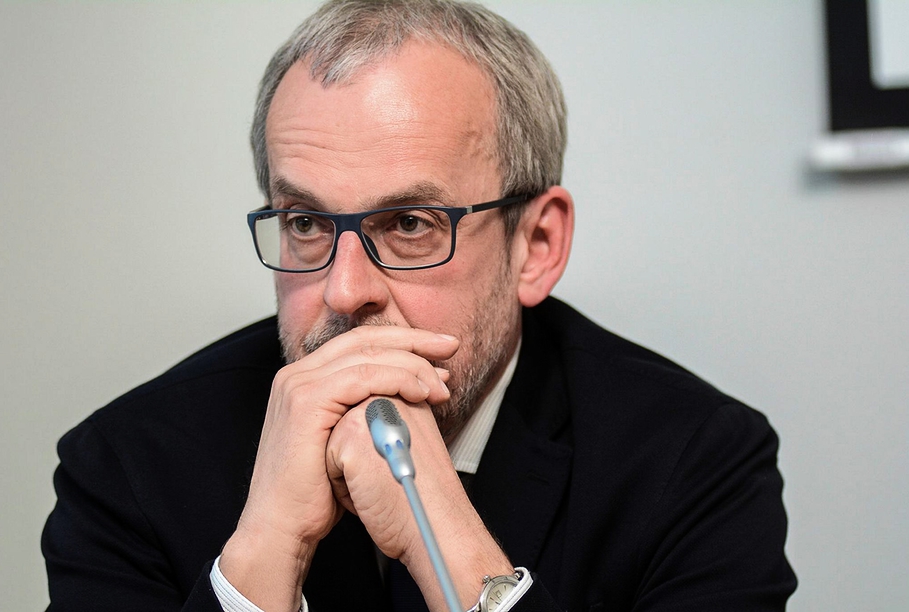Latvian MEP Roberts Zīle of the Conservatives and Reformists Group told BNS that he and his faction voted against the resolution for such obligatory solidarity requirements.
Instead the parliamentary political group would rather see better implementation of existing migration policies, including more resources allocated to the FRONTEX agency. However the resolution passed with 449 MEPs in favor, 130 against and 93 abstaining.
“In light of our well known Russian propaganda, it will be very easy for Russia to point to – look, you had problems with your own Russians, and now the EU is forcing you to take Africans,” Zīle argued. He believes Russia has done its due diligence on learning what public opinion in the Baltic states and other Soviet bloc nations is, as it did in Crimea.
“Taking these conditions into account, the message from Russia could be as follows: ‘You joined the wrong Union, your government is weak and can’t protect you from foreign floods of refugees.’ This kind of activity could shake people’s faith in their nation and sway their instincts to even reflect in racism,” the MEP warned. He also doubted whether such quotas would even make a difference in the problem as a whole.
“Migration policy is left to the competence of each member state. Bilateral treaties between the refugee states and potential recipient states have proven their effectiveness, providing for stronger border controls, financial assistance, like the example of Italy and Libya’s agreement that has helped stem refugee flows previously,” Zīle said.




























